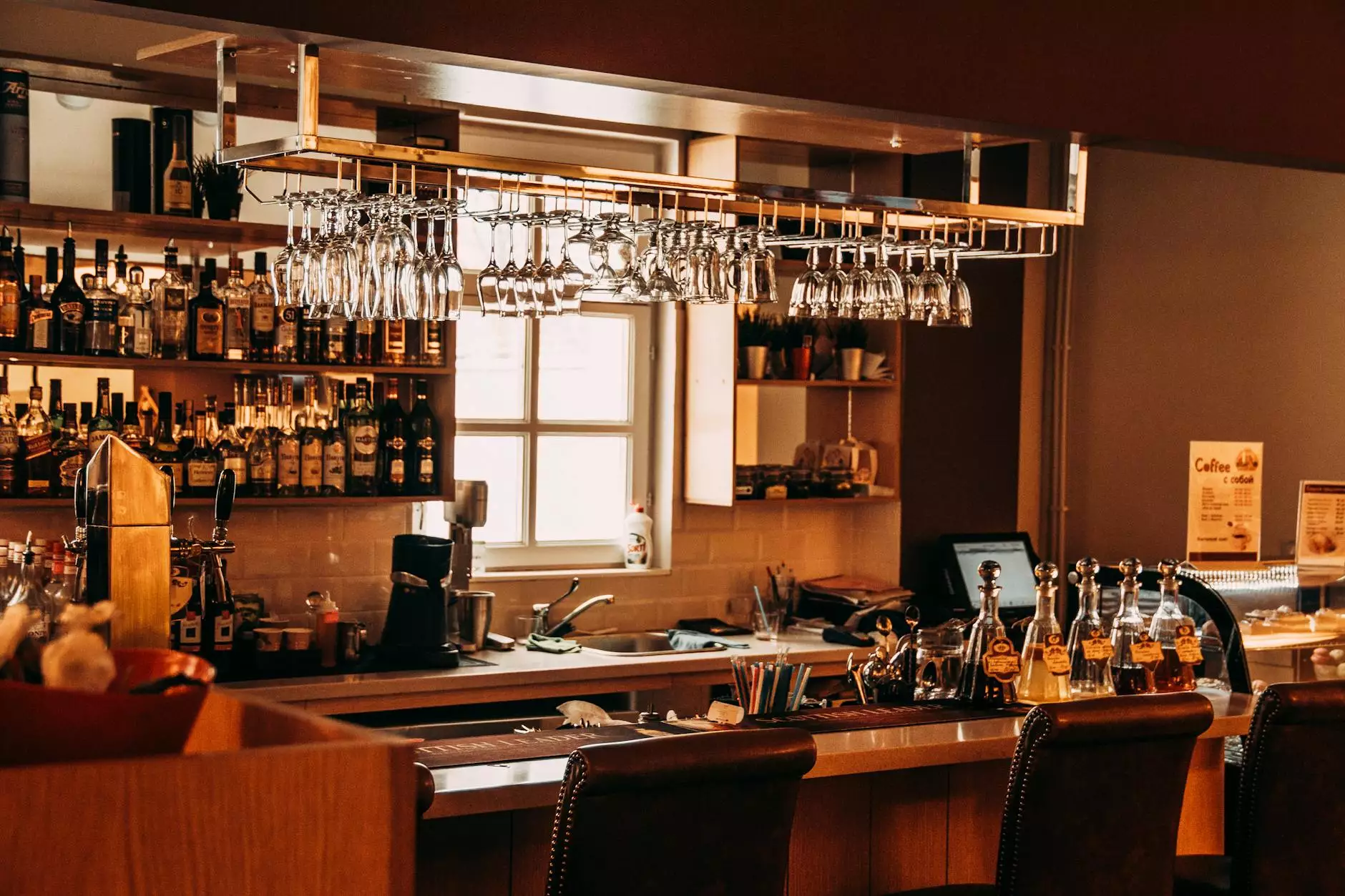The Impact of 'Fake USD' on Restaurants, Cafes, and Hotels

As the hospitality industry continues to evolve and adapt to changing global scenarios, businesses in the sectors of restaurants, cafes, and hotels face various challenges. One such challenge that has garnered significant attention is the issue of 'fake USD' and its implications on these establishments.
Understanding the Phenomenon of 'Fake USD'
In recent times, the hospitality industry has witnessed a rise in incidents involving counterfeit currency, particularly fake US dollars. This trend poses a threat to the financial stability and reputation of businesses operating in this space. The emergence of sophisticated counterfeit techniques has made it increasingly difficult for establishments to detect such fraudulent activities.
Implications for Restaurants
For restaurants, the impact of 'fake USD' can be detrimental. Receiving counterfeit currency can result in financial losses, compromised cash flow, and potential legal ramifications. Moreover, the reputation of a restaurant can be tarnished if it is known to accept counterfeit money, leading to a loss of trust among customers and business partners.
Challenges Faced by Cafes
Cafes, being popular hangout spots for individuals looking to relax and enjoy a cup of coffee, are not immune to the threat of counterfeit currency. Small transactions in cafes make them vulnerable to accepting fake money unknowingly. Implementing robust verification processes becomes crucial for cafe owners to protect their businesses.
Impact on Hotels
Hotels, with their high volume of transactions and international clientele, are prime targets for counterfeiters seeking to exchange fake currency for legitimate funds. The presence of 'fake USD' in hotel transactions can disrupt operations, affect revenue streams, and damage the trust of guests who expect secure payment processes.
Strategies to Combat 'Fake USD'
Businesses in the hospitality industry can take proactive measures to mitigate the risks associated with counterfeit currency. Training staff to recognize signs of counterfeit money, investing in counterfeit detection devices, and collaborating with law enforcement agencies are essential steps to safeguarding establishments against financial fraud.
Conclusion
In conclusion, the prevalence of 'fake USD' presents significant challenges for restaurants, cafes, and hotels in the hospitality sector. By staying vigilant, implementing stringent verification procedures, and fostering a culture of transparency, businesses can effectively combat the threat of counterfeit currency and uphold their integrity in the industry.









